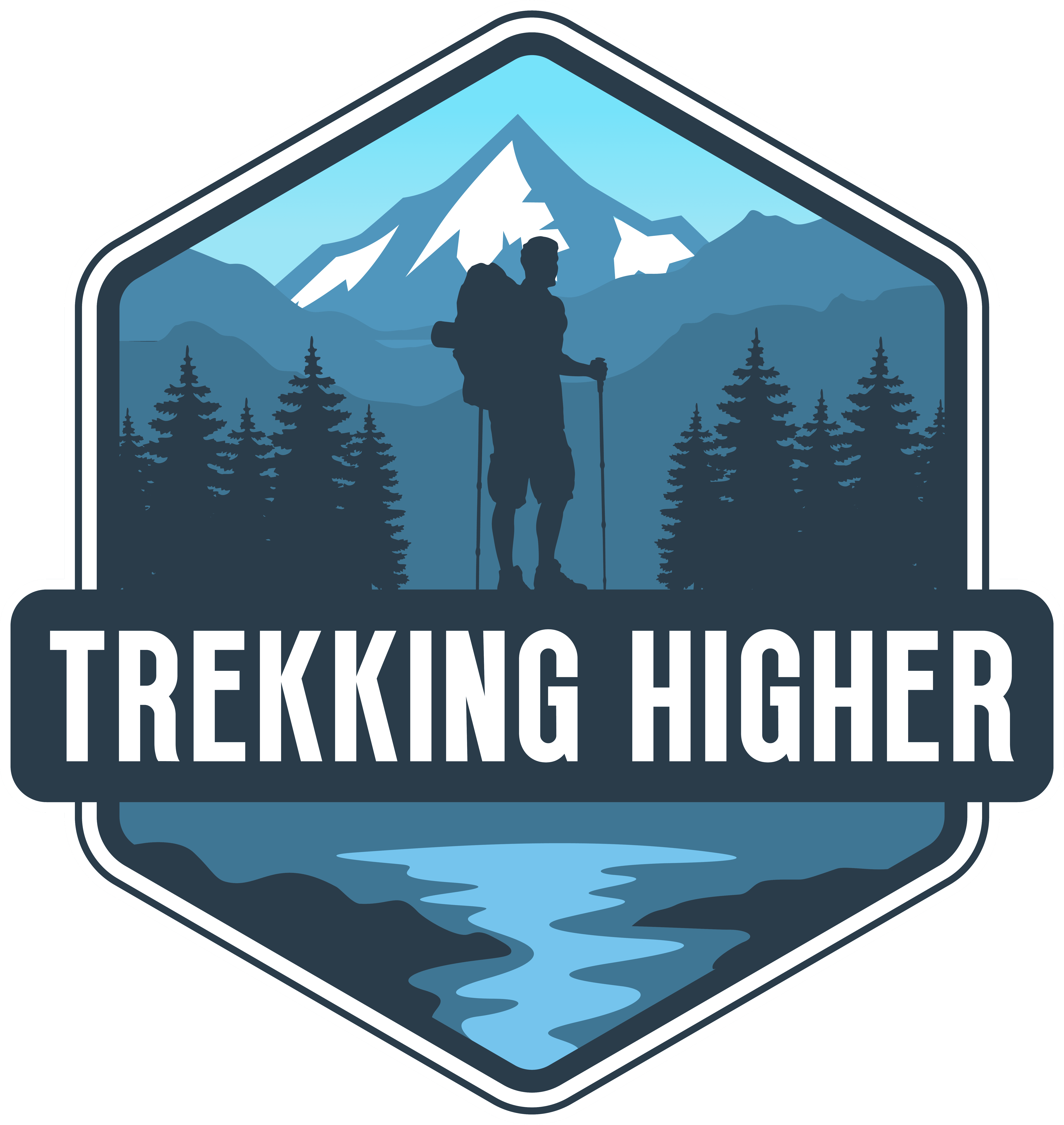Summary of the Recreation.gov Lawsuit
- The recreation.gov lawsuit is a class-action lawsuit seeking $5 million in damages from Booz Allen Hamilton, Inc. for allegedly charging consumers illegal “junk fees” through Recreation.gov.
- The lawsuit claims that Booz Allen has potentially generated hundreds of millions of dollars with the fees, which directly conflicts with the Federal Lands Recreation Enhancement Act (FLREA).
- The class-action lawsuit asks a judge to refund hundreds of millions of fees to hikers, campers, and others who made reservations through Recreation.gov.
- Booz Allen denied the allegations but may be required to refund processing, lottery, and cancellation fees.
A recent lawsuit has been filed against Booz Allen Hamilton, Inc., alleging consumers were charged illegal “junk fees” while using the popular online reservation system, recreation.gov. Booz Allen is the company that runs recreation.gov.
Millions of people use recreation.gov to book campsites and other activities. The recreation.gov lawsuit could impact how all of us make future reservations. I’ll do my best to explain what you need to know.
Details of the Lawsuit
Recreation.gov, which Booz Allen Hamilton manages, is now encountering legal issues for the fees charged to its users.
The recreation.gov lawsuit claims that Booz Allen Hamilton violated the Federal Lands Recreation Enhancement Act (FLREA) by charging consumers additional fees. The additional fees are on top of the service fee already required by FLREA for reservations made through recreation.gov.
The alleged “junk fees” were for canceling or changing an existing reservation. The complaint states that additional fees have been charged since at least 2017. It also notes that the charges were without authorization from Congress or the Department of Interior.
Comparisons to Ticketmaster
An ongoing lawsuit against Recreation.gov challenges the site’s usage fees, claiming they are no different than exploitative ‘add-on’ charges typically seen with other booking services such as Ticketmaster. The comparison is especially timely after the Ticketmaster and Taylor Swift debacle.
The recreation.gov lawsuit seeks restitution for hundreds of millions of dollars spent on these fees by customers.
The case could highlight unnecessary expenses and nuisance fees that companies impose on consumer services. I’m not holding my breath that Congress will take any real action here.
Possible Implications for Hikers and Campers
If successful, the recreation.gov lawsuit could mean refunds for millions of consumers who have paid these additional fees in the past few years. People who paid fees include the tens of thousands of people who enter permit lotteries like Mount Whitney, Angels Landing, or Half Dome.
Depending on the outcome, there is a chance Booz Allen would have to stop charging these “junk fees” in the future. Fewer junk fees would be welcome news for anyone making reservations going forward.
Booz Allen Contract
Recreation.gov has a long history of facilitating millions of reservations since 2002. In 2018, the government signed an exclusive contract with Booz Allen to oversee recreation.gov.
The contract with Booz Allen lasted five years and is up for renewal. The Federal government recently proposed a five-year extension. If the lawsuit impacts how Booz Allen makes money on the contract, they may not be interested in an extension.
The threat of no renewal has already created some chatter about what the fate of recreation.gov will ultimately be. After reviewing most of the early online talk and forums, the prevailing sentiment from consumers has been, “it’s about time.”

Focus on Possible Federal Lands Recreational Enhancement Act Violations
The crux of the lawsuit centers around fee-setting practices. The suit alleges that the fees don’t comply with the Federal Lands Recreational Enhancement Act (FLREA).
FLREA requires public input in the fee-setting process for Federal Lands. After all, all Americans own public lands and should have a say in their usage.
The lawsuit claims that conversations and input from the public never happened.
What’s Next?
It’ll take a while for the lawsuit to work its way through the court system. Class-action cases are rarely expedient. It could affect lotteries like Half Dome, backcountry permits like Yellowstone, and campground reservations across all of our National Parks.
